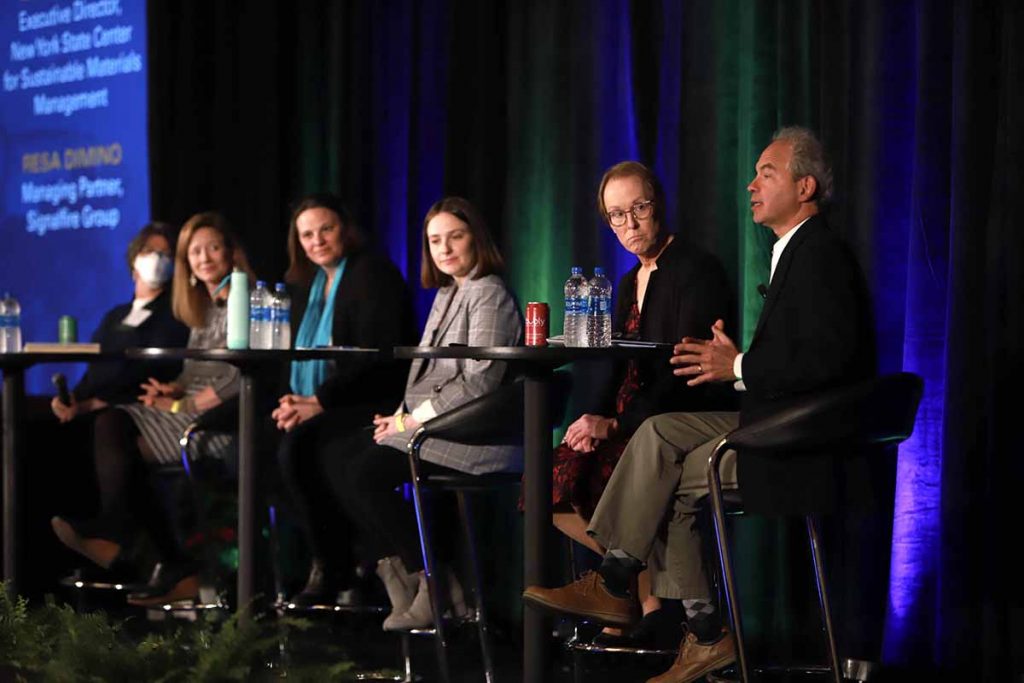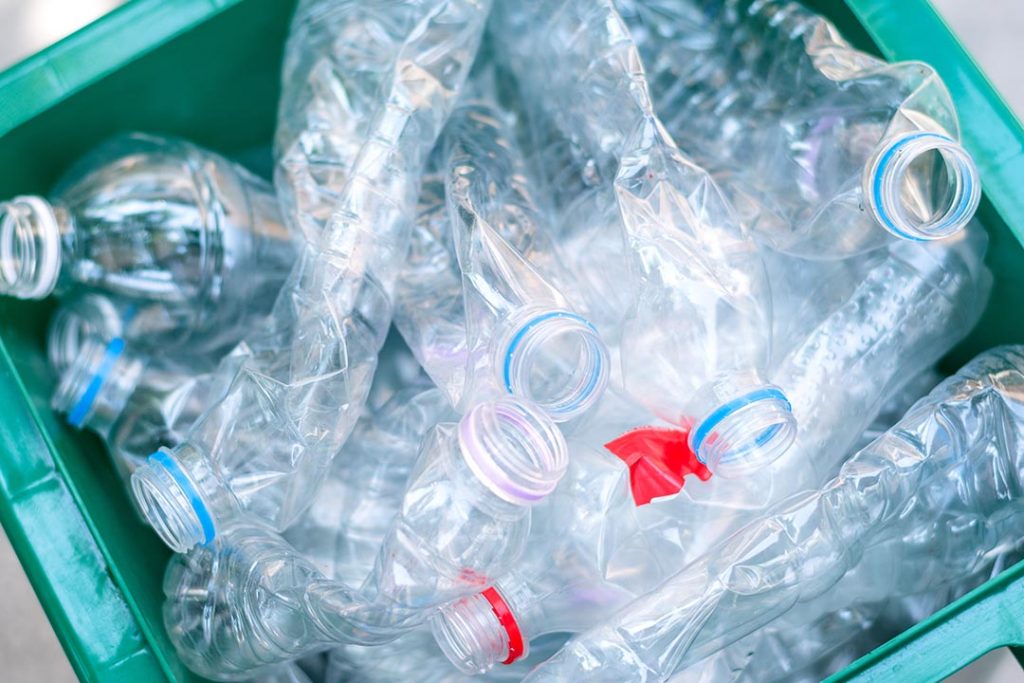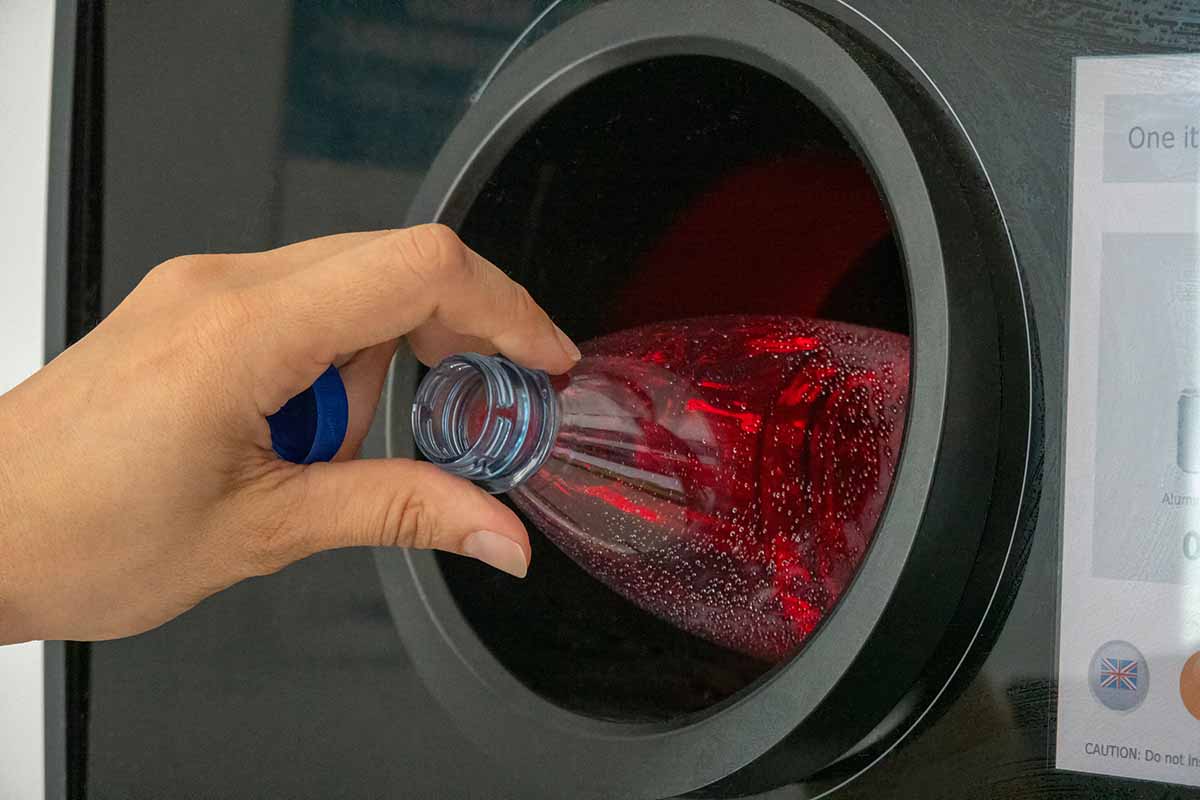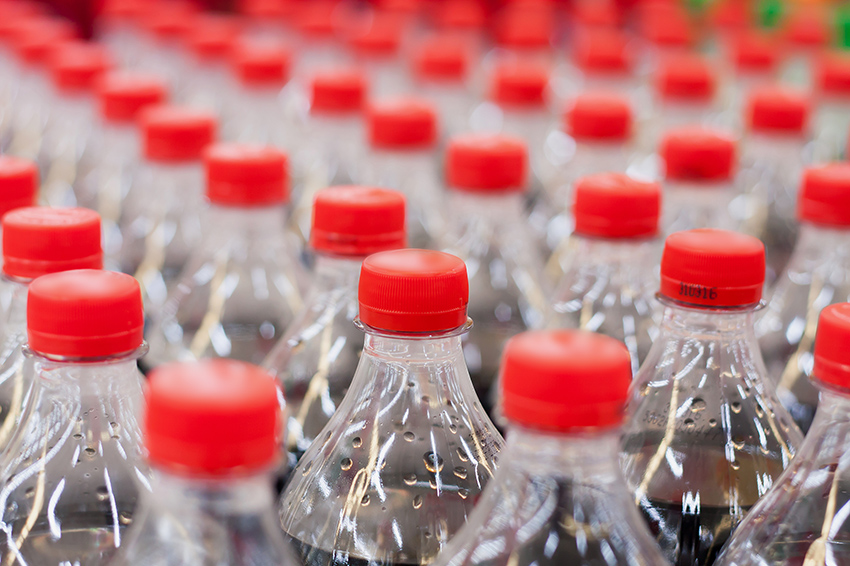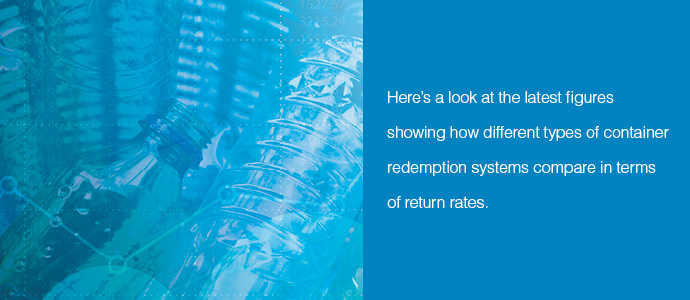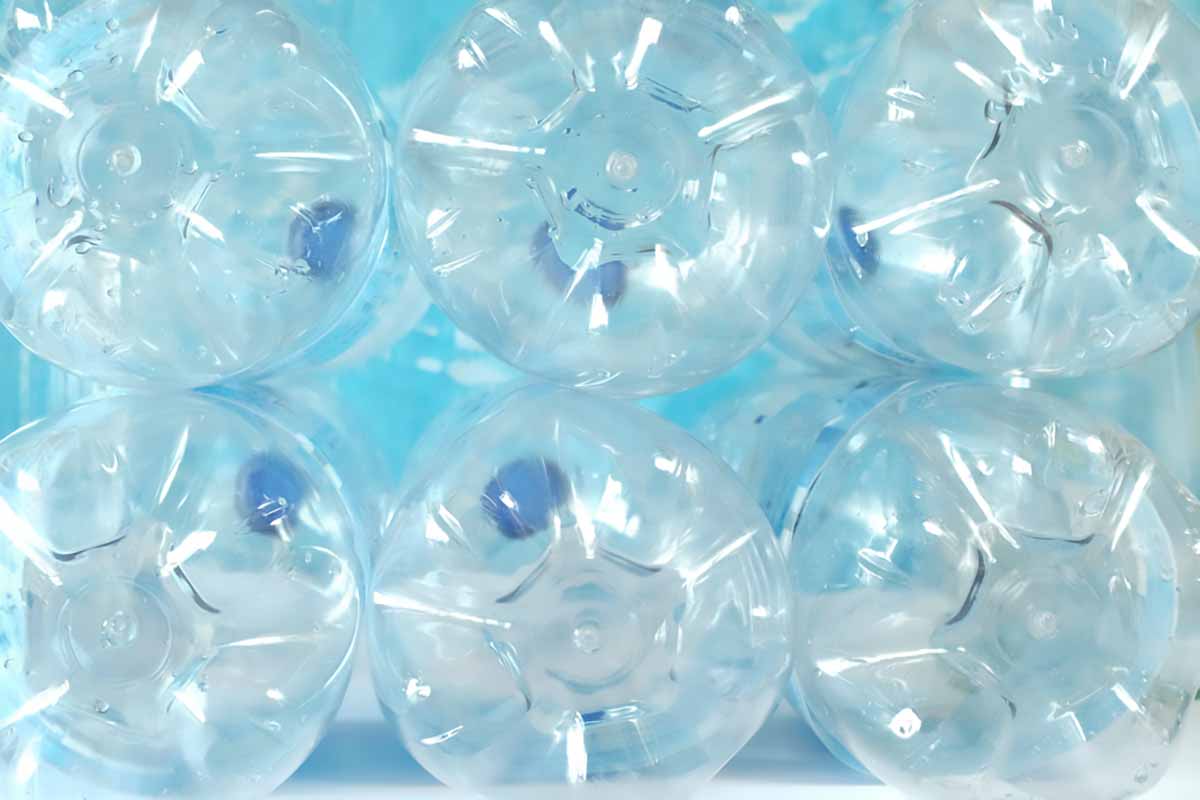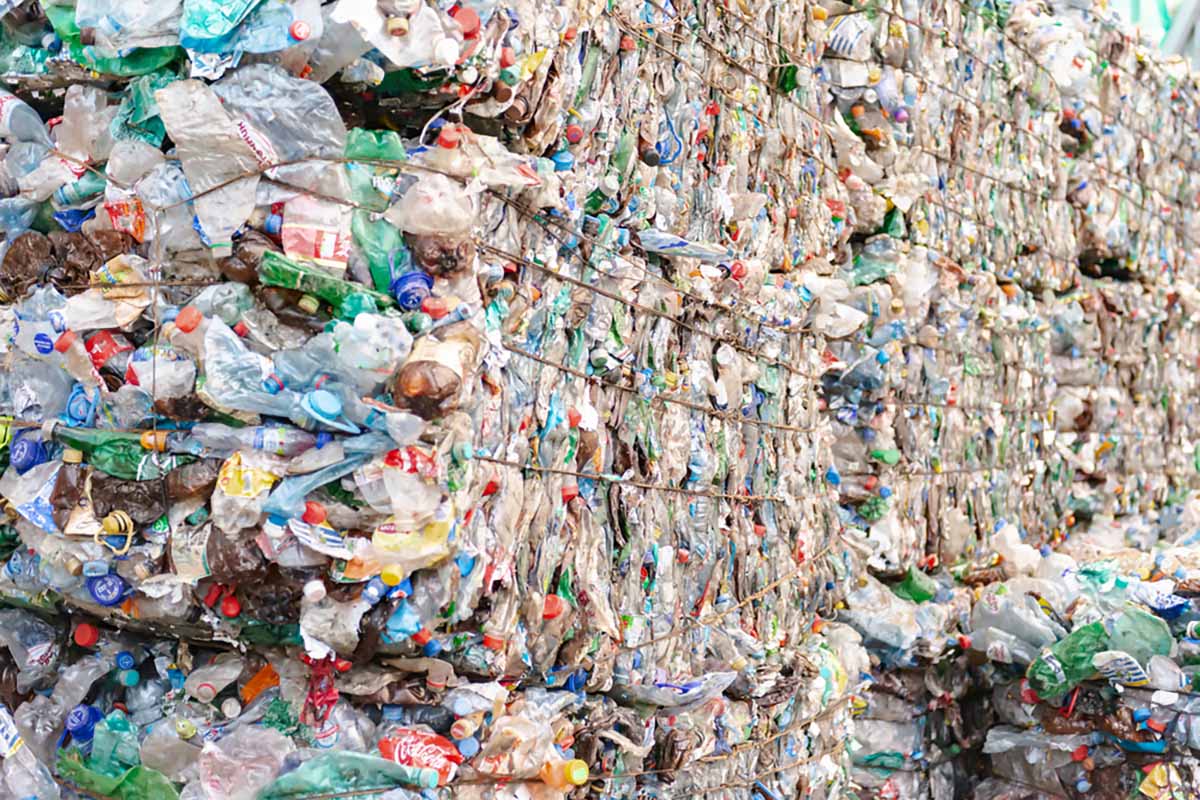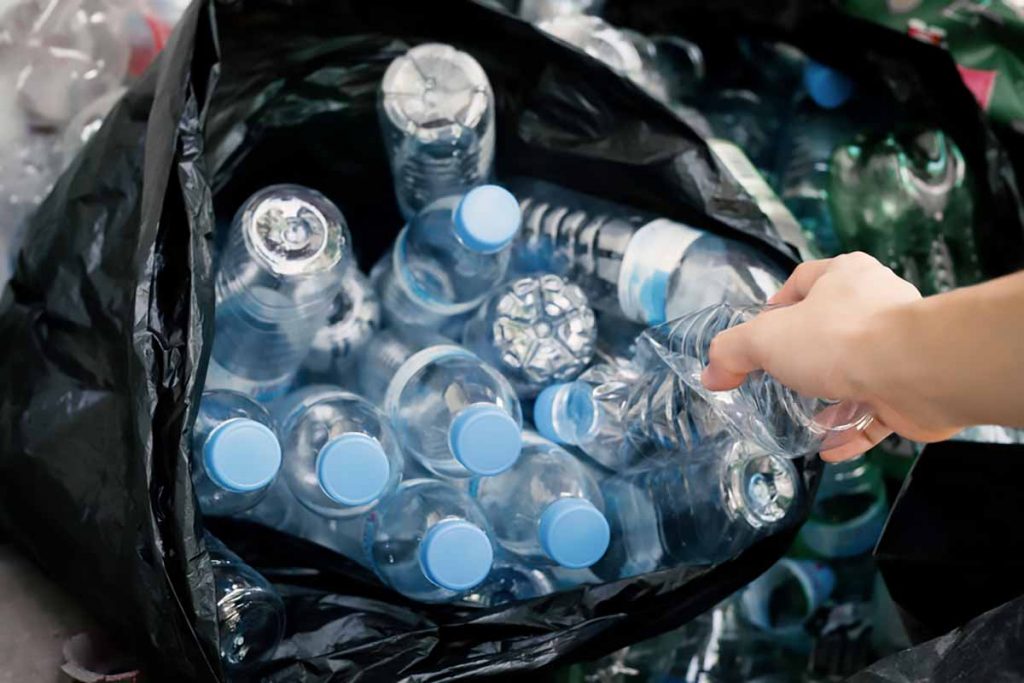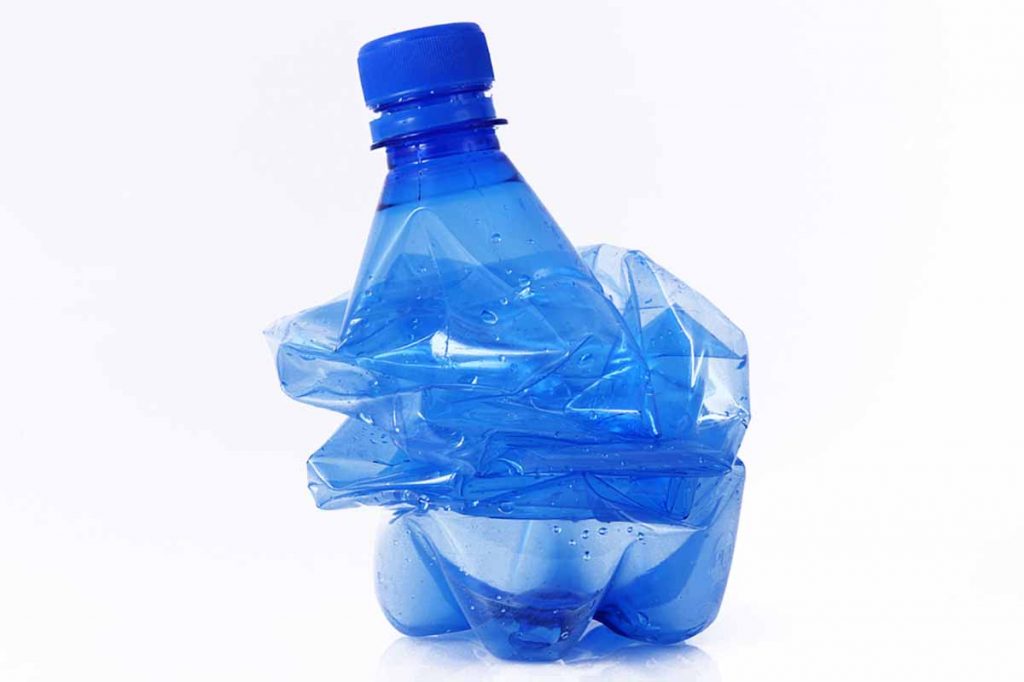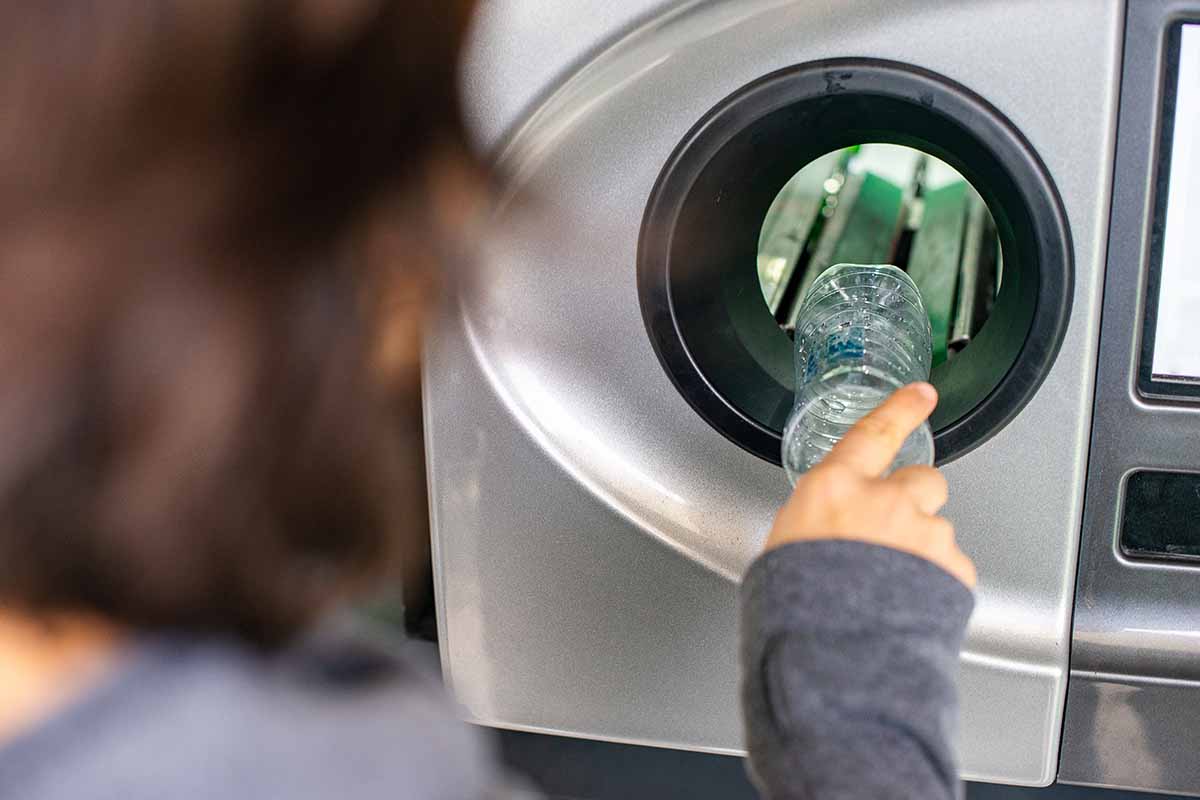
A study found that modernizing bottle bills in five Northeast states could create up to $160 million in savings to local governments and add up to $1.4 billion to the region’s economy annually. | Pazargic Liviu/Shutterstock
By updating older deposit return systems, states can create jobs, increase municipal savings and boost recycling rates, according to research from nonprofit Reloop North America.
Continue Reading


